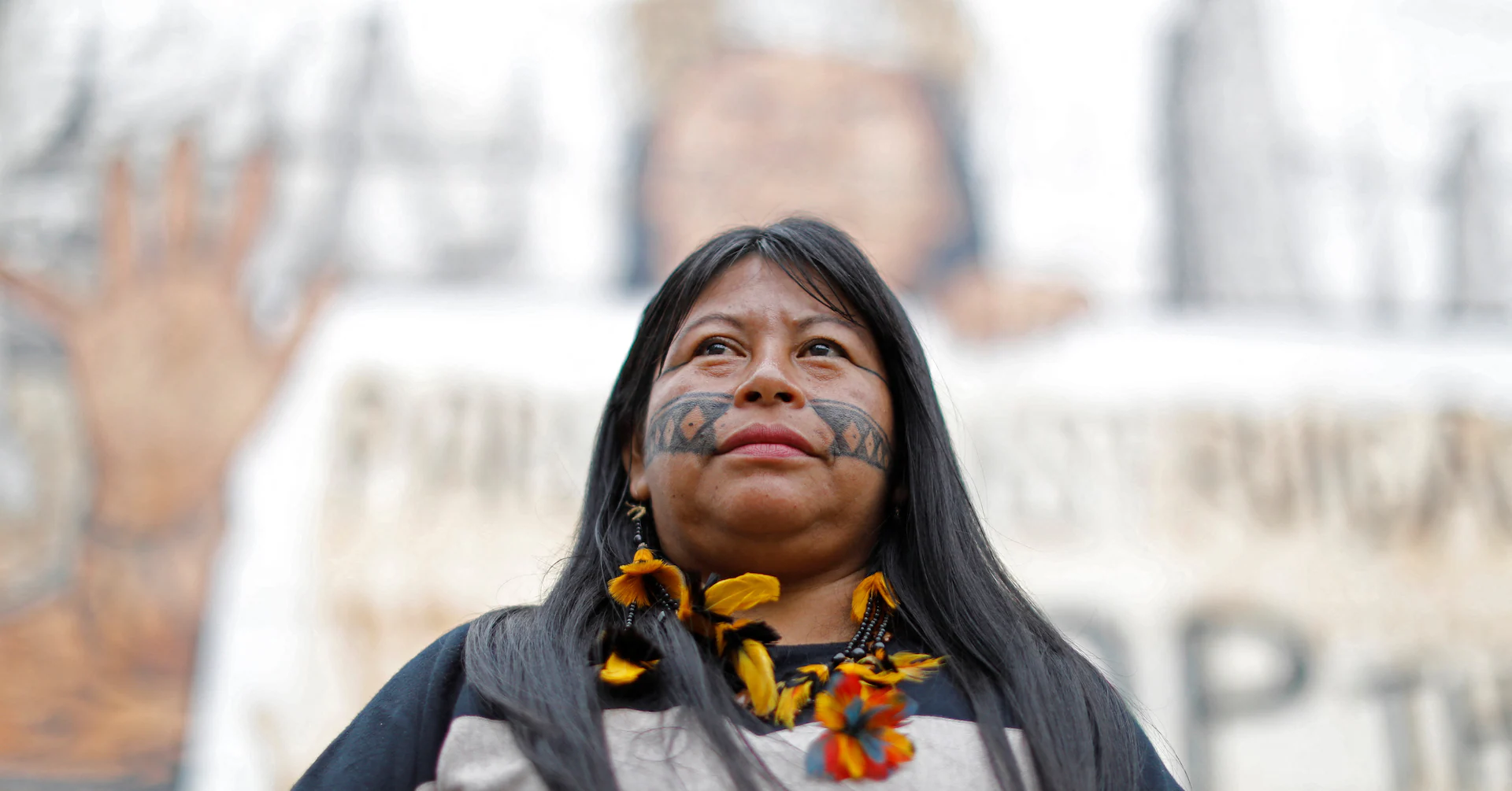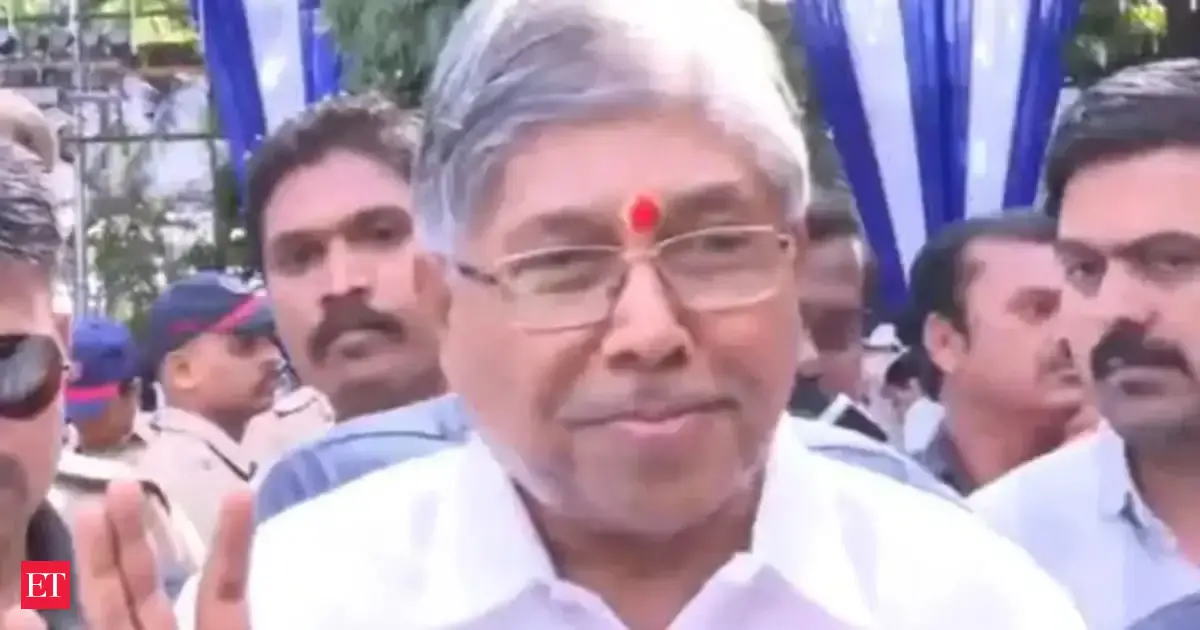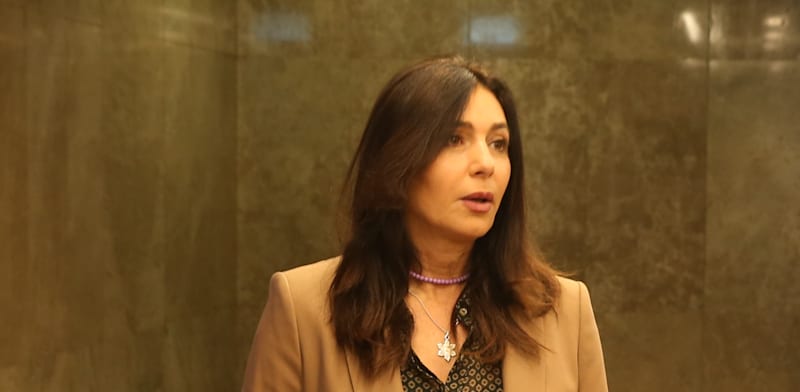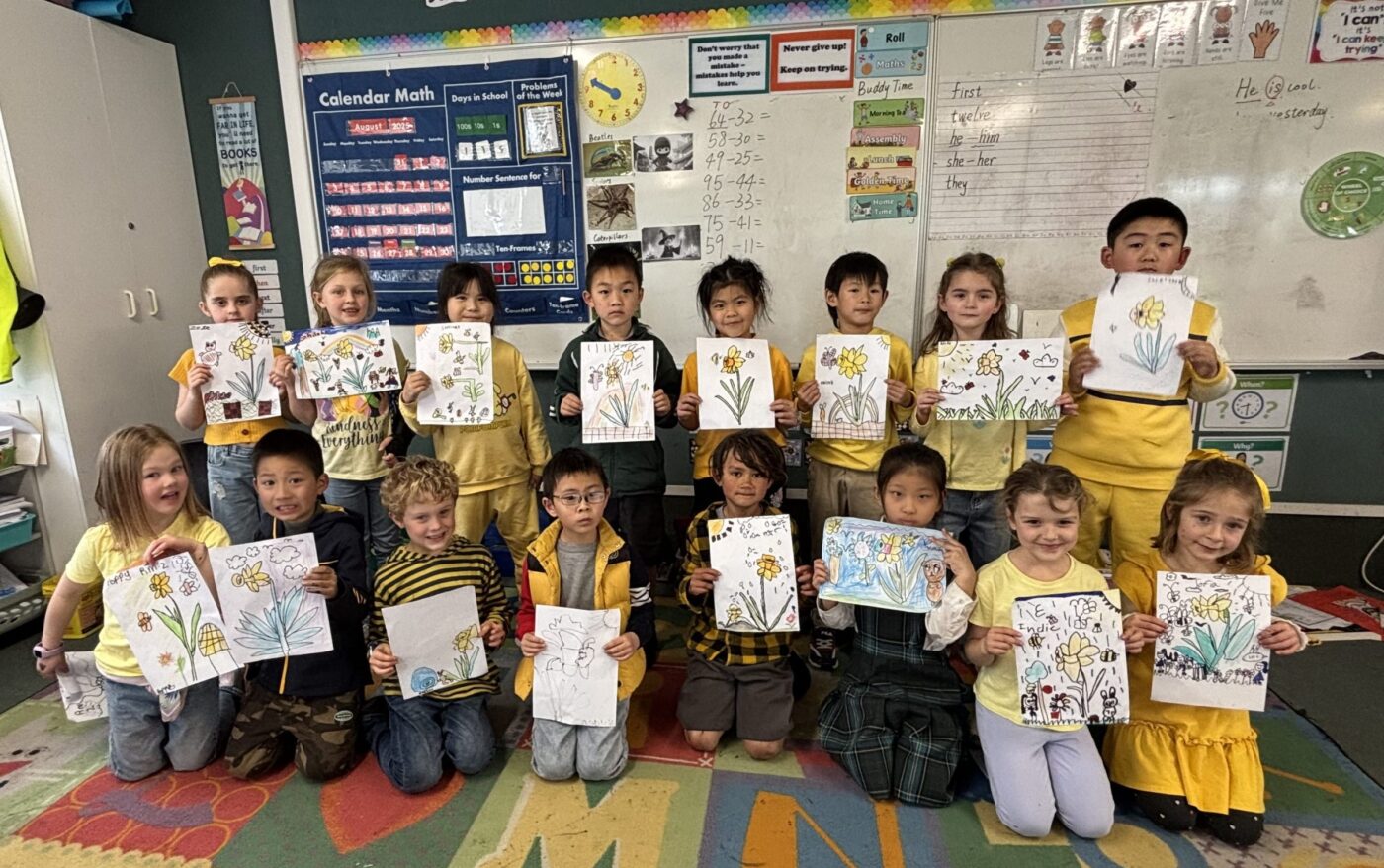
Summary
Global demand for lithium, cobalt and copper forecast to triple by 2030
Nearly 300 new mines are needed by 2030 to meet battery demand
Over 50% of energy transition minerals lie on or near Indigenous lands
Most of the world’s 25,000 mining companies not following FPIC standards
Canada’s First Nations involved in C$45bn mining projects with Indigenous equity
August 25 – The critical mineral deal signed between the United States and Ukraine in April was a triumph of Ukrainian diplomacy, after a disastrous first meeting between Presidents Volodymyr Zelenskiy and Donald Trump in the White House.
It also highlighted the strength of Ukraine’s negotiating hand as one of the most resource-rich countries on Earth, possessing 22 of 34 critical minerals essential for Europe’s energy security, including a third of Europe’s lithium.
Demand for the likes of lithium, cobalt and copper is expected to triple by 2030, and quadruple by 2040, as countries race to secure the minerals needed by a wealth of technologies, from the wind turbines and batteries of the energy transition, to the military hardware being stockpiled in an increasingly volatile world.
According to Benchmark Mineral Intelligence, nearly 300 new mines will be required to meet increased battery demand by 2030.
One academic study found that more than half of energy transition minerals and metals are located on or near the lands of Indigenous people, with Indigenous lands on 85% of lithium reserves and 75% of manganese.
Speaking at a briefing before May’s forum at the Organisation for Economic Co-operation and Development on Responsible Mineral Supply Chains in Paris, Djalma Ramalho Goncalves, a member of the Arana Caboclo Indigenous community in Minas Gerais, Brazil, said lithium mining in their region was drying up rivers, degrading the soil and undermining food security.
“Lithium mining in my home region has been turned into a sacrifice zone for Europe’s EV transition,” Goncalves said. “Every EV car is powered by Indigenous blood. We are not opposed to technology or development – we are opposed to a predatory model that violates rights and destroys the land.”
One of the main rights Indigenous groups say is being violated is their right to free, prior and informed consent (FPIC), the right to decide what projects are carried out on their lands, and how their resources are used. This is part of the United Nations Declaration on the Rights of Indigenous Peoples (UNDRIP), which was adopted in 2007.
There is a “long history” of FPIC being ignored by mining companies, says Galina Angarova, executive director of the Securing Indigenous Peoples’ Rights in the Green Economy Coalition (SIRGE), which groups NGOs Cultural Survival, Earthworks and International Work Group for Indigenous Affairs (IWGIA).
“They just bulldozer into their lands and territories. There’s no consultation, there’s no consent.”
According to the Business & Human Rights Resource Centre’s Transition Minerals Tracker, last year saw a record 156 allegations of human rights abuses involving mining for eight different critical minerals, 18 of them with impacts on Indigenous people.
Caroline Avan, head of just energy transition and natural resources at BHRRC, said these were typically connected to issues around land rights, with companies accused of moving in without any meaningful engagement with local communities.
There is a “large gap” in the number of states that have adopted legislation enshrining Indigenous peoples’ rights, says Avan. Even states that do often don’t have sufficient means to enforce the legislation, while significant numbers of mining companies operate “under the radar”.
However, she adds, the U.N. Guiding Principles on Business and Human Rights is clear that regardless of national legislation being in place or not, companies should respect internationally recognised human rights. “Companies cannot hide behind (the) state’s failure or inaction.”
Avan said failure to obtain FPIC exposes mining companies to risks of lengthy and expensive legal challenges, as well as causing concern among investors and downstream users of the minerals, mindful of future legislation such as the Corporate Sustainability Due Diligence Directive (CSDDD).
While the International Council on Mining and Metals (ICMM) has standards that require mining companies to obtain FPIC before commencing any project that may affect their territories, most of the estimated 25,000 mining companies don’t follow any standards, explains Danielle Martin, director of social performance at the International Council on Mining and Metals (ICMM).
One barrier is the crowded standards landscape, with separate responsible mining standards run by the Copper Mark, the Mining Association of Canada and the World Gold Council. In a bid to attract more companies, the four different standards are being brought under one roof through the creation of a new standard, the Consolidated Mining Standard Initiative (CMSI), Martin says.
Organised under 24 different performance areas, from workers’ rights to Indigenous people and pollution-prevention, creation of the standard is being overseen by two advisory groups, one for industry representatives, and another for other stakeholders such as NGOs, Indigenous groups and customers.
However, the standard was critiqued by several NGOs during the public consultation, including SIRGE, who complained it is too vague and lacks both transparency and accountability, potentially making it a backward step for the industry.
Angarova believes that stakeholder participation “has been consultative rather than collaborative, with limited opportunities for Indigenous rights holders to shape content”.
She is also critical that the standard fails to embed FPIC as a right, but instead as a voluntary principle.
Indigenous rights advocates are more welcoming of the independent Initiative for Responsible Mining Assurance (IRMA), which has just released a second draft of its standard for public consultation. The updated version has clearer definitions of FPIC, more robust mechanisms for ensuring consent, and enhanced measures for monitoring and enforcing compliance.
Aimee Boulanger, IRMA’s executive director, said Indigenous rights holders and environmental and human rights advocates worked as equal partners with the industry and investors in developing the standard, which includes a transparent third-party auditing process..
Since the standard was released in 2018, more than 100 mining companies covering 125 different sites have signed up. Tesla, Volkswagen, Ford and Mercedes-Benz are among the car companies that say they now require suppliers to be audited by IRMA.
When a company commits to an audit, the process is transparent. Anyone from government officials to local villagers is able to ask to be interviewed by the auditors, she says. Once the audit is completed, the mining companies have the option to delay publication for a year in order to make improvements.
In June, China’s CMOC Group announced that it was to open up its vast Tenke Fungurume Mining (TFM) complex in the Democratic Republic of Congo to IRMA auditors. The mine was one of the worst performers on BHRRC’s mineral tracker, with 18 specific allegations against it.
Avan of BHRRC also cited Chilean lithium miners SQM, another company that has had several human rights allegations levelled against it, but which has agreed to an audit by IRMA. While much work still needs to be done, she says, “It shows a commitment to transparency and being on the journey towards better practices.”
In an email to Ethical Corporation, an SQM spokesman said it had been pleased to engage with both BHRRC and IRMA. It added that it’s commitment to transparency was evident in its project in Chile’s Atacama desert.
As reported by Reuters in April, SQM and Chile’s state-run copper producer Codelco last year began talks with Indigenous communities in the Atacama desert to develop a governance plan that would allow them to have an active role in a planned new joint venture, which aims to increase lithium output by as much as 33% through to 2060.
Chile’s leftist President Gabriel Boric announced in 2023 plans to nationalise its vast lithium industry, the largest in the world, while prioritising Indigenous rights.
In Canada, the First Nations Major Projects Coalition is a non-profit established over a decade ago by First Nations groups to help Indigenous communities to take a more active role in major resource and infrastructure projects affecting their lands.
It includes more than 170 First Nations groups across Canada, and is involved in 18 major projects, including lithium, copper and gold mining, with a combined capital cost exceeding C$45 billion, many of which include equity ownership opportunities for Indigenous communities.
In July, Vale Base Metals became the latest mining company to partner with FNMPC. The FNMPC chair Sharleen Gale underscored the importance of Indigenous leadership in advancing critical mineral projects, and ensures that “our communities benefit economically, socially, and environmentally from these developments.”
Also in Canada, First Tellurium Corp has built an approach to mineral exploration based on mutually beneficial engagement with Indigenous communities. It includes working with 51% Indigenous-owned partner Cheona Metals to prospect and mine on ancestral lands in British Columbia.
Mining companies and their investors are starting to understand that a transition built on exploitative supply chains of minerals is not simply unjust, it is unstable, unpredictable and, ultimately, unsustainable, Avan adds. “Reliable mineral supply chains can only be responsible ones.”
This article is part of the August-September issue of Ethical Corporation magazine, on the struggle to safeguard human rights. You can download the digital pdf by clicking here
Opinions expressed are those of the author. They do not reflect the views of Reuters News, which, under the Trust Principles, is committed to integrity, independence, and freedom from bias. Ethical Corporation Magazine, a part of Reuters Professional, is owned by Thomson Reuters and operates independently of Reuters News.
Mark Hillsdon is a Manchester-based freelance writer who writes on business and sustainability for The Ethical Corporation, The Guardian, and a range of nature-based titles.



